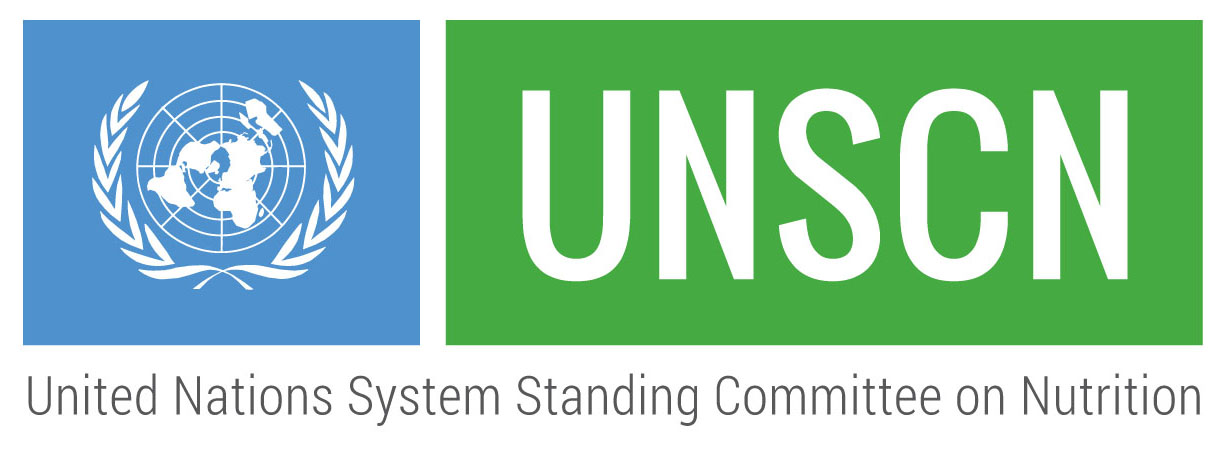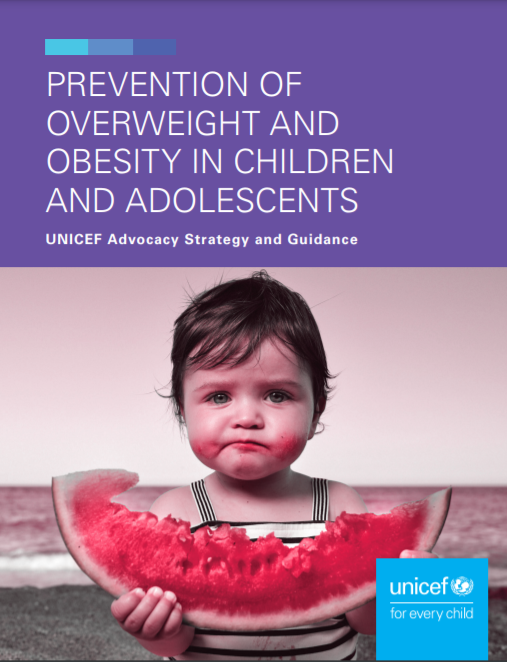Past events
GCSP Covid-19 Webinar Series. Session 8: What next for Agenda 2030? The COVID-19 crisis, inequality, and the future of the SDGs.

14:30 (Geneva time - GMT+2).
Register here
Covid-19 Crisis: Global Crisis, Global Risk and Global Consequences is a new webinar series that examines various possible and visible consequences of the current crisis including its strategic and economic implications, impact on global governance, on gender or the role of technology.
The webinar is free and conducted in English. The first webinar session will provide an overview of the strategic, global health security, crisis management, governance, economic and financial implications of this crisis.
The COVID-19 pandemic has changed everything. In just three months it has spread globally, infected nearly 5 million people, and put half the world in lock-down. With supply chains disrupted, and even multi-national businesses threatened, the economic slowdown has delivered a deeper, more rapid shock than the 2008 global financial crisis. And the accompanying socio-economic impact on health, wellbeing and livelihoods threatens to derail the global compact to “leave no-one behind” that underpins Agenda 2030 and the SDGs.
This pandemic has hit the most vulnerable and unequal societies the hardest. The differential impacts of the health crisis and lockdown have exacerbated pre-existing inequalities - widening the gap between the haves and the have-nots and wiping out decades of progress on poverty eradication. These impacts will last into future generations – through sharp rises in malnutrition and stunting; permanent loss of educational opportunities for children who cannot connect from home; and the toll of death and morbidity among the – usually female and low-paid - health and care workforce who form our first line of defence against the disease.
The crisis has clearly demonstrated that all societies are interconnected and deeply interdependent. These factors drove the global solidarity behind Agenda 2030 and the SDGs that drew support from 193 global leaders at the UN sustainable development summit in 2015. And this compact to build a sustainable future for people, planet, prosperity and peace is the only legitimate, universal and internationally recognised vision for humanity we have. But as poorer countries and vulnerable communities fall further off-track, while richer countries reallocate resources to deal with the immediate impacts of the pandemic, how can we reboot and reshape our efforts to reach the SDGs? What actions must we take to “build back better”?
This webinar will feature presentations on how the direct and indirect impacts of the COVID-19 crisis have affected and are affected by social and economic inequalities, and the likely impacts on the achievement of the SDGs. Focusing on the latest evidence from nutrition; education; women, children and adolescent’s health and gender equality, the panel will make recommendations for urgent action to stem growing inequality and “leave no-one behind” – and will set out their prescriptions for a sustainable, fair and secure post-COVID world.


